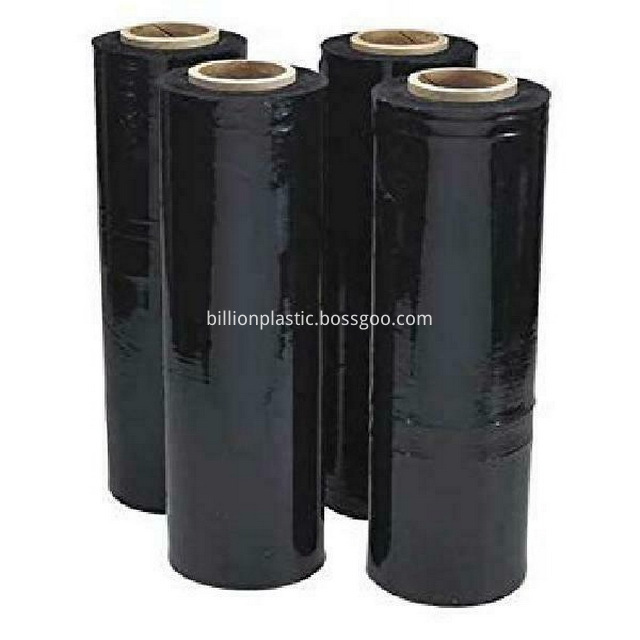Our Cling Film is wildly used in industry and household. They are water proof, good appearance, transparency, non-toxic, tasteless and strong tensile strength. The fresh film could lock the freshness of food, fruits and vegetables and keep moisture. The Stretch Film is good for industrial packing, could protect the products from away from water or dust.
Cling Wrap,Plastic Cling Wrap,Plastic Sara Wrap,Plastic Wrap For Food,Plastic Film,thin plastic film BILLION PLASTIC MANUFACTURING CO.,LTD, JIANGMEN , https://www.jmbillion-plastics.com
Zhou Zhuye, vice president of the China Petrochemical Association, told reporters that the development of a low-carbon economy is inseparable from the oil and chemical industries. According to international experience, every petrochemical product that produces 1 unit of greenhouse gas emissions can use these petrochemical products as alternatives (instead of other metal or non-metal products) to reduce greenhouse gas emissions by 2-3 units. At the same time, the realization of commitments is conducive to promoting the optimization of the oil and chemical industry structure, and is conducive to accelerating the phase-out of high-energy-consumption, low-efficiency technology in the industry. Taking traditional industries such as synthetic ammonia, caustic soda and calcium carbide as examples, as the key energy-consuming products of the chemical industry, compared with the advanced level in foreign countries, the average energy consumption of the products can reach 14%-23%, 8%-18, respectively. % and 15% to 21%. This means that advanced technology replaces backward technologies, and China's petroleum and chemical industries have great room for energy conservation and emission reduction. At the same time, he also frankly stated that fulfilling his commitments also faces unavoidable challenges and difficulties for the oil and chemical industries. At present, the overall technical level of China's oil and chemical industry still has a considerable gap with the developed countries, and the tasks in terms of energy consumption and environmental governance are relatively heavy. Especially in the traditional industries such as chemical fertilizers, pesticides, and soda ash, a considerable number of companies have small production scales, low technological levels, and weak capital strength. There are certain difficulties in achieving energy conservation and emission reduction by relying on their own strength to improve their technological level. He hopes to receive support from the government and society in the process of achieving emission reduction targets.
According to relevant investigations and assessments, if 40% and 45% of carbon emission reduction commitments are achieved, the industry with the highest loss value in China is the power industry, followed by the coal industry, and the oil and chemical industry ranks third. Among them, the loss value of the chemical industry will be 139.0 billion yuan and 243 billion yuan respectively, and the losses will be 1.25% and 2.18% respectively.
Petrochemical Association actively responds to China's commitment to carbon reduction
Premier Wen Jiabao's reaction at the UN Climate Change Conference in Copenhagen to reduce carbon dioxide emissions per unit of GDP (GDP) by 2020 from 40% to 45% in 2005 has caused widespread concern in the response of the oil and chemical industry. On December 28, Zhou Zhuye, vice president of the China Petroleum and Chemical Industry Association, said that he will firmly seize the opportunity of the country to commit to carbon emission reduction and further improve the entire industry by optimizing the industrial structure, promoting advanced technologies and processes, and promoting responsible care. Industry resource utilization efficiency makes due contribution to the global climate change.